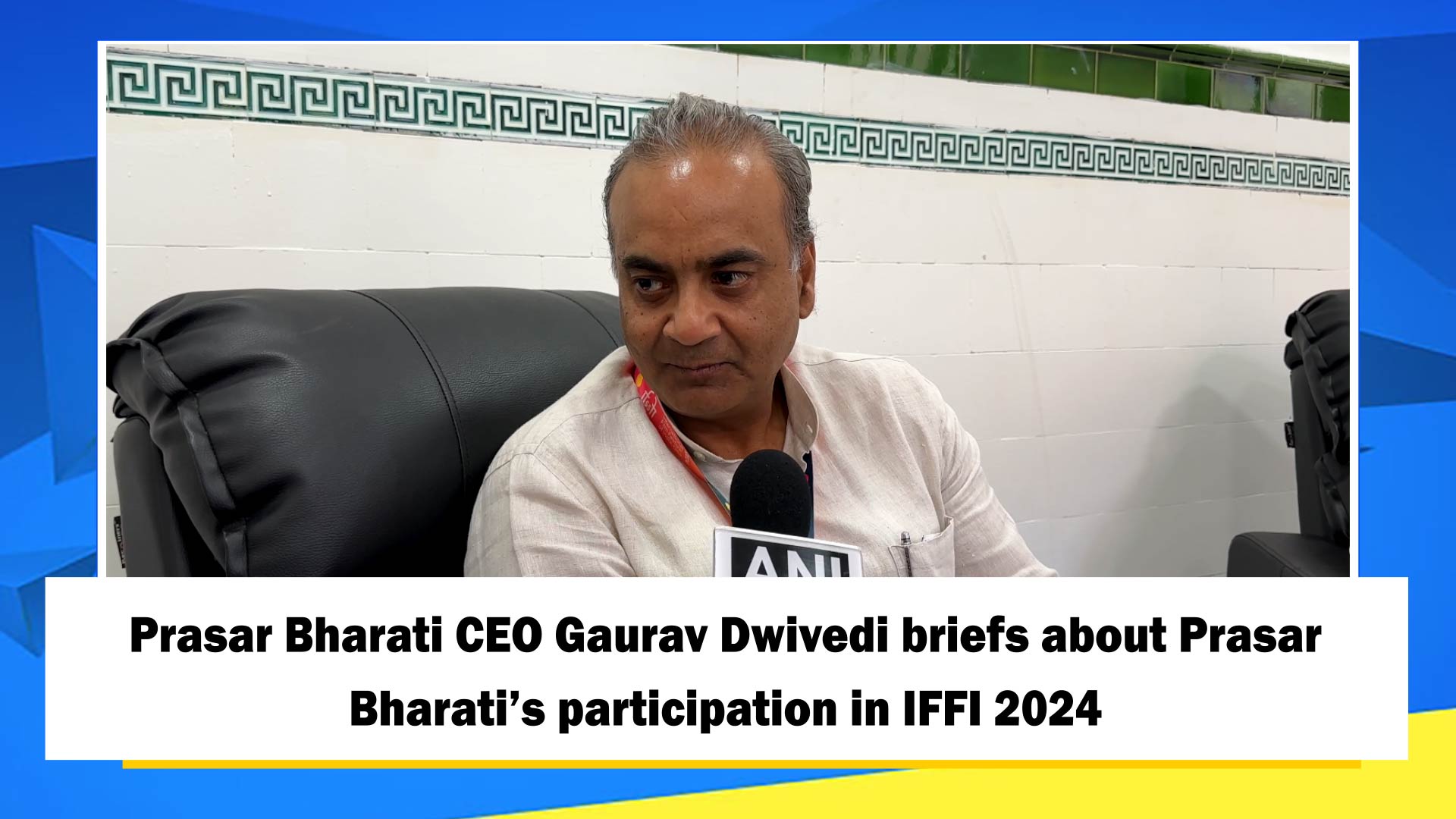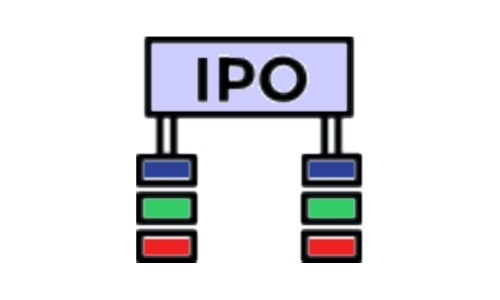HOW TO APPLY FOR AN IPO

Follow us Now on Telegram ! Get daily 10 - 12 important updates on Business, Finance and Investment. Join our Telegram Channel
Follow us Now on Telegram ! Get daily 10 - 12 important updates on Business, Finance and Investment. Join our Telegram Channel https://t.me/InvestmentGuruIndia
Download Telegram App before Joining the Channel
As the name suggests, an Initial Public Offering (IPO) is the process by which companies raise funds from the market. Businesses require funds for a variety of reasons. They could be requiring funds for expansion of their capacity, they could be looking at diversification into new business lines, they could be looking at expanding their presence across India and abroad or they may even be looking to repay their high cost loans. All these funding requirements can be met through an IPO. As investors what you need to understand is how to apply for IPO and, more importantly, how to buy IPO online.
New offer versus Follow-on offer versus Offer-for-sale
The term IPO is actually a generic term that encompasses a variety of sub-items. For example, if the company is raising funds from the IPO market for the first time and getting the stock listed, then it is a new offer. The new offer leads to a listing and to expansion of the capital base of the company. Then there are Follow-on offers wherein the company is already listed but is looking at the IPO market for raising additional funds. Such companies are already listed on the exchanges and the IPO is just a means for raising additional funds for their plans. Finally, there is something called an offer-for-sale where the existing promoters and anchor investors hive off part of their holdings through an IPO. Most of the disinvestments undertaken by the government are in the form of offer for sale. In an OFS, the share capital of the company does not increase but it is only the ownership pattern that changes. An OFS is often used by companies to also list the company in the bourses. So, how to invest in IPO in India and how to subscribe IPOs online?
Who is eligible to invest in an IPO?
Technically speaking, any adult who is competent to enter into a legal contract is eligible to apply in the IPO of a company. Of course, it is essential that you have a PAN card issued by the Income Tax department and you also have a valid demat account. Remember, having a trading account is not necessary in case of IPOs, a demat account alone is sufficient. However, if you want to sell the shares on listing then trading account will be required. That is why brokers will advise you to open a trading account along with demat account when you apply for an IPO for the first time. An important point to be remembered here! When you apply for an IPO, it is not an offer but an invitation to offer. Only when the IPO issuer offers you shares, it amounts to an offer.
How to apply for an IPO
There are two important questions you need to address here: How to apply for IPO online and the IPO application process. Here is what you need to know when you apply for an IPO of a company
- IPOs come in two varieties viz. Fixed Price IPOs and Book Built IPOs. In a fixed price IPO, the company fixes the IPO price in advance as the sum of the par value and the premium. You can only apply for the IPO at that price. In a Book Built issue, the company will only provide an indicative price range for the IPO and the final price of the IPO will be discovered through the book building process. Nowadays, most of the IPOs are predominantly through the book building route only.
- IPOs have three classes viz. Retail, HNI and Institutional categories. Investments up to Rs.2 lakhs in an IPO are classified as retail investors. It is beneficial to invest in the retail quota because the allotment methodology is designed by SEBI to ensure that as many retail investors as possible get allotment. Thus, your chances of allotment are much higher in this case. In case of HNIs the allotment is proportionate while in case of institutions the allotment is discretionary.
- You can bid for IPOs through the offline method or through the online method. In the offline method, the form is filled up in physical form and submitted to the IPO banker or to your broker. In an online application you can log in the application directly through the trading interface provided by your broker. The advantage in the online IPO is that most of your data is automatically populated from your trading / demat account thus reducing the clerical effort from your side. That largely simplifies the online IPO application form fill-up process. In fact, IPO online application is the preferred mode.
- Under the book built method, the basis of allotment is finalized within 10-12 days and the demat credit also happens within a couple of days after that. Once the shares are in your demat account and the stock is listed on the exchanges, you are free to sell the shares. As stated earlier, you need a trading account to sell these shares.
- There is a very important aspect you need to understand about applying for IPOs. SEBI has now made available a facility called the ASBA (Applications Supported by Blocked Amounts). The advantage of an ASBA IPO is that you do not have to issue a cheque or pay any money for the IPO till the allotment is made. The amount to the extent of your application is blocked from your bank account and on the allotment day, the amount will be debited only to the extent of the shares allotted. That means if you applied for shares worth Rs.1.50 lakhs and you got allotment for only Rs.60,000, then only Rs.60,000 gets debited to your account and the block on the remaining amount is removed from your designated bank account.
The IPO application process has become substantially simpler in the last 10-15 years. In the process it has substantially empowered the retail investors across India.
Click here to open demat account With Angelbroking























